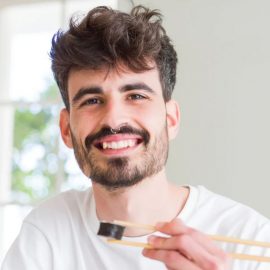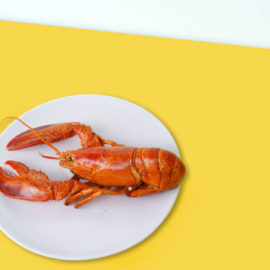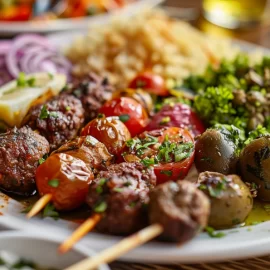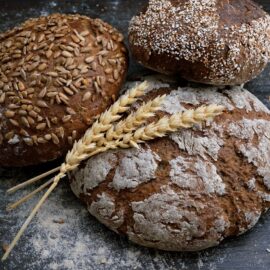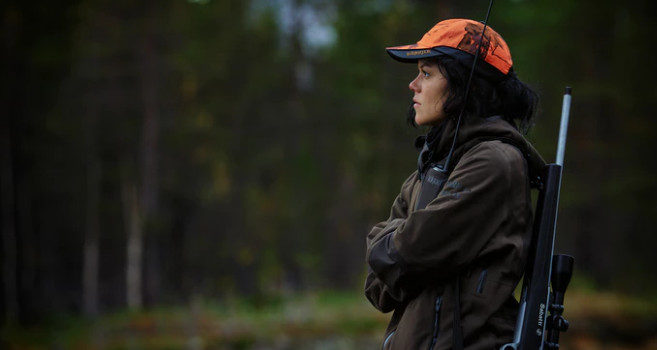
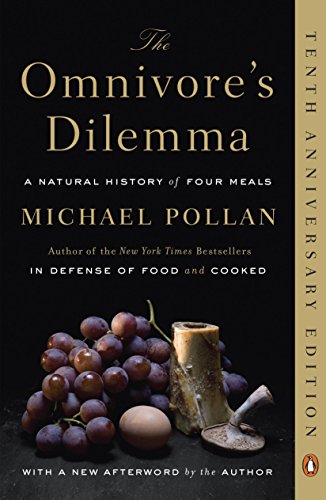
This article is an excerpt from the Shortform summary of "The Omnivore's Dilemma" by Michael Pollan. Shortform has the world's best summaries of books you should be reading.
Like this article? Sign up for a free trial here .
Lots of people go pig hunting, but many others don’t have the opportunity to. What’s pig hunting like? Why do people do it, and what skills do you gain? Learn one person’s story when he went pig hunting for the first time.
Since wild pigs are a nuisance and damage the environment — and are known to taste particularly good — Pollan decided to go pig hunting in northern California. He initially had anxiety about hunting a pig, but ended up enjoying it.
As he stalked the woods, his attention to signs and sounds became acute, and shut out everything else. He developed “hunter’s eye,” which is a sharp focus on any movement that filters out distractions.
He had these insights from the experience.
- Hunters achieve a mental state similar to meditation, of stillness and emptying their head of everything, but also clarity. This is similar to the state induced by smoking marijuana.
- It originates in the cannabinoid network, a series of receptors in the brain enabled by a group of compounds in the brain called cannabinoids; one is THC, also found in marijuana. They intensify sensory experiences, shut down short-term memory, and stimulate appetite. This could be an adaptation that helped hunter-gatherers to survive.
- The hunter’s energy goes into readying himself for the encounter with prey. He instinctively becomes more like the animal, trying to render himself invisible.
- Hunting looks and feels different as a participant than it looks to outsiders. Pollan felt he had become a full participant in nature rather than an observer.
- The pig hunter is connected to nature through the animal he pursues. A tourist doesn’t experience this type of connection, because he remains a spectator. (Pollan had previously disdained the macho conceit of hunters — the talk about feeling connected to prey, and killing as a gesture of respect — until he experienced the reality for himself.)
- Hunting calls into play the hunter’s animal side. It connects us with our paleolithic origins.
Pollan ended his first day of hunting empty-handed because he wasn’t ready to take a shot when the opportunity presented itself. He had neglected to pump his rifle there was no bullet in the chamber when he spotted pigs. Pumping the rifle at the moment he located several pigs would have alerted and scared them away, so he let his companion take the first shot, and get a pig.
Every hunt results in the creation of a story. It starts taking shape immediately after the first shot. Hunters tell each other the story to make sense of the chaos of the moment and to resolve ambiguous feelings.
In the end, the story was that Pollan wasn’t ready this time. He felt he had to go pig hunting again; he couldn’t truly hunt without firing his gun. Plus his goal was to take responsibility for killing an animal he ate.
They went pig hunting again about a month later and he shot a pig. He considered it a gift, and felt gratitude. He didn’t feel remorse as he had expected to, but rather felt elation and accomplishment — and he posed for a photo with the kill. Field dressing the animal, which weighed 190 pounds, was a messy and somewhat disturbing process.
Later, when he looked at the photos of himself with the pig, he felt shame because the photos reflected his joy in the killing, which was one of the things he had always despised about hunting. His different feelings immediately after killing the pig versus those later on reflected the ambiguity of hunting: hunters feel accomplishment at succeeding in a role humans are biologically designed for; but they also identify with the animal they killed.
———End of Preview———

Like what you just read? Read the rest of the world's best summary of Michael Pollan's "The Omnivore's Dilemma" at Shortform . Learn the book's critical concepts in 20 minutes or less .
Here's what you'll find in our full Omnivore's Dilemma summary :
- What does Omnivore's Dilemma mean?
- Why is industrial farming so bad for you and the environment?
- How did corn and its byproducts (like corn syrup) end up in tens of thousands of foods?
- How is Industrial Organic food like at Whole Foods not much better than massive industrial farming?
- What happens when you try to forage for your own food?

